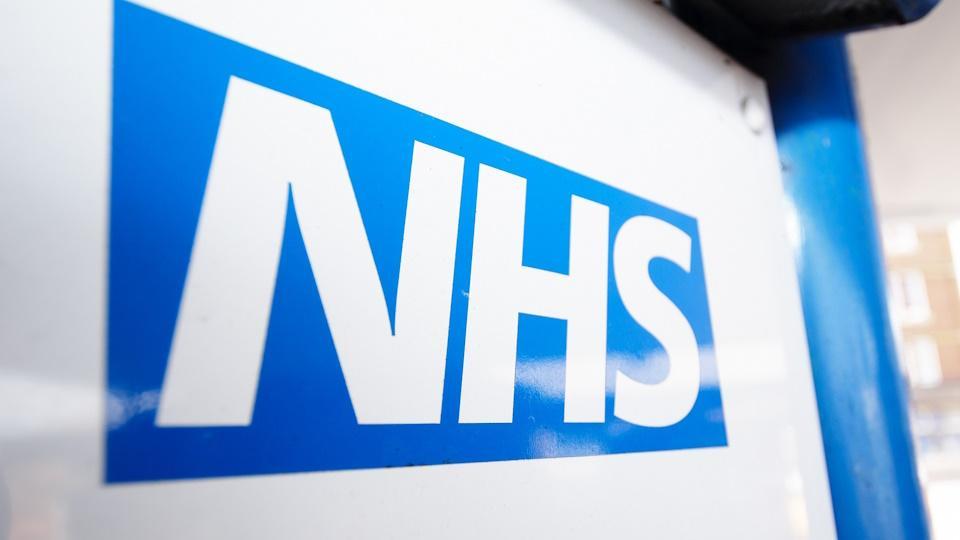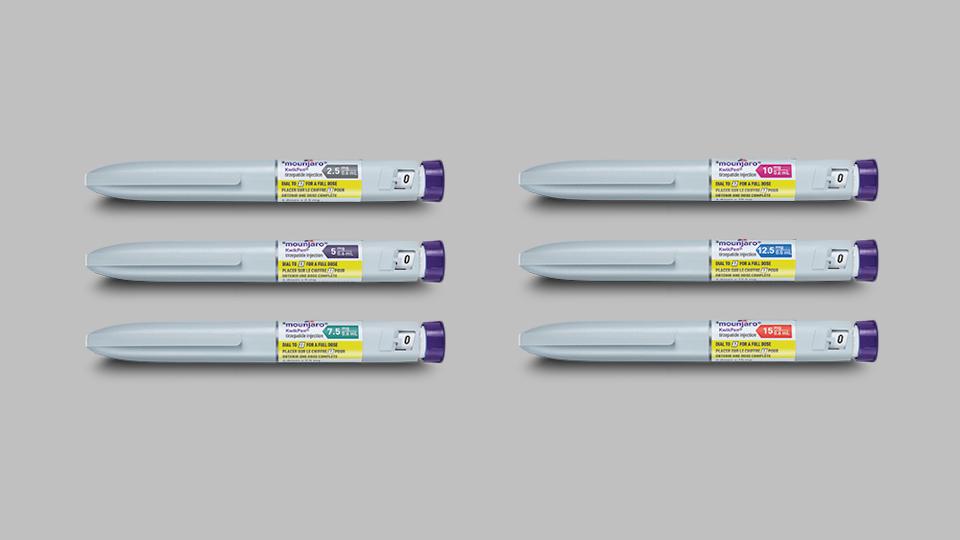Research shows NHS, industry partnership benefits patients

A new report commissioned by the Association of the British Pharmaceutical Industry (ABPI) has found that hospitals engaging in industry partnerships are up to 2.5 times more likely to follow NICE recommendations for prescribing clinically and cost-effective medicines more closely.
The Carnall Farrar report, ‘Partnering for progress: A data-driven analysis of NHS-industry partnerships', aims to systematically measure how NHS-industry partnerships support improved patient outcomes using data from across the NHS.
The NHS Confederation and the ABPI have been working with industry and system leaders to understand how to make the potential of NHS-industry partnerships a reality. The report is the first time the potential benefits of partnerships has been quantified in this way.
Specifically, partnerships tackling cardiovascular disease were studied, as well as cholesterol control and diabetes. All are priority areas of care for the NHS.
Appropriate use of medicines closer to NICE guidelines was associated with better outcomes for patients in the areas of care studied, keeping their conditions under better control. There were also early indications that partnerships in Primary Care Networks (PCNs) were associated with improved disease management, such as blood sugar and blood pressure control.
There were good examples of positive system and place-level partnerships between the NHS and industry across all four UK nations that helped to tackle local health inequalities. One example, in a Health Board in Wales, reduced diagnostic test turnaround times for head and neck cancer by 32%.
Another example, in Scotland, established pharmacist-led optimisation clinics for heart failure throughout NHS Lothian, freeing up 138 specialist heart failure appointments per month.
Dr Amit Aggarwal, director of medical affairs at the ABPI, said: “The Health Secretary is clear that we have to take the best of the NHS to the rest of the NHS, and this research strongly suggests that partnership with industry is one of the ways to do that.”
The report sets out five key recommendations for how such partnerships could be expanded in primary and secondary care, and at system and place level. In primary care, this includes helping to identify at-risk patients, initiate treatment, rapid diagnosis, and improve chronic disease management.
Ben Richardson, managing partner at Carnall Farrar, commented: “We're witnessing growing levels of interest in partnerships between industry and the NHS to drive innovation. Launching a new drug is only part of the equation – true patient outcomes are achieved when we also address system-wide barriers such as patient identification, adherence, and best practice sharing.”
‘Reimagining’ the NHS
Last month, UK Prime Minister Keir Starmer promised the biggest 'reimagining' of the NHS in its history, but stressed there would be no more funding without sweeping reforms. The comments – made in the wake of the publication of the much-anticipated Darzi report on the NHS – came as the government said it would publish a 10-year plan next year built around three key themes: moving care from hospitals to communities, transitioning to a digital service, and a focus on prevention, rather than treatment.












